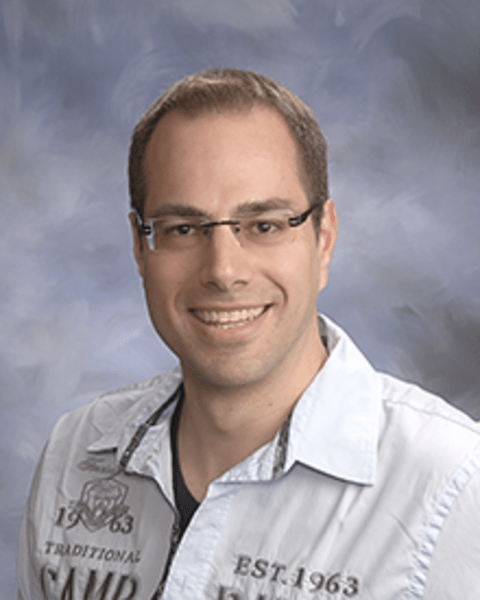Coding the future of finance
Chao Qian is preparing for the trading environment of the future. More than 60 percent of stock volume is attributed to algorithmic trading, but older generations of traders have never learned to code. “In the future, I expect that everyone will need to be able to code and be comfortable with AI and machine learning,” he affirmed. “Thanks to the Masters of Quantitative Finance (MQF) program, I will be ready.”


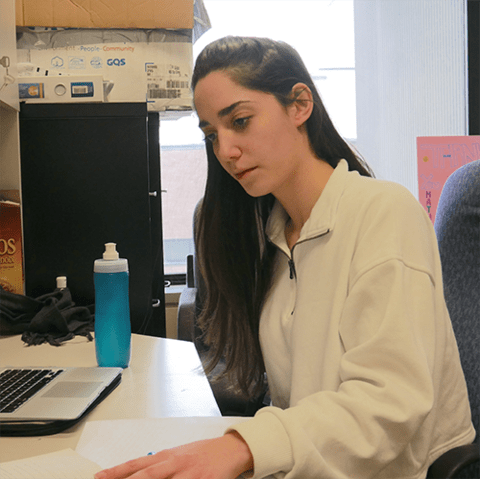
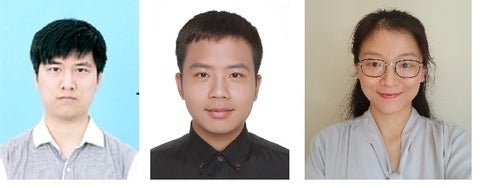

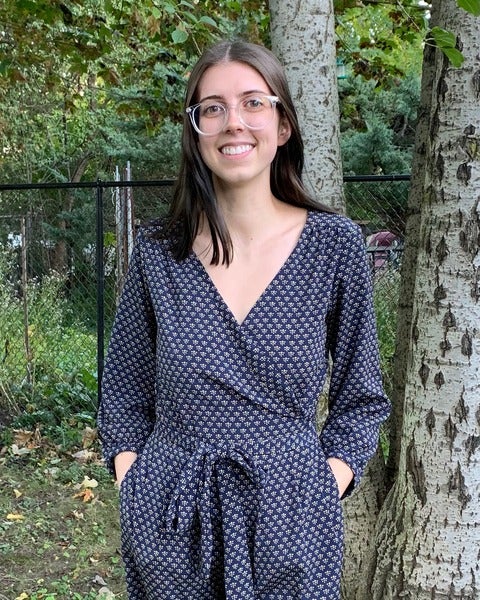
 When Grace Tompkins attended Waterloo’s Grad Visit Day in 2019, she was presented with an opportunity to combine her interests in public health with her research in mathematics. The Master of Mathematics in Biostatistics program was the perfect blend of mathematical theory and epidemiology that she was looking for.
When Grace Tompkins attended Waterloo’s Grad Visit Day in 2019, she was presented with an opportunity to combine her interests in public health with her research in mathematics. The Master of Mathematics in Biostatistics program was the perfect blend of mathematical theory and epidemiology that she was looking for.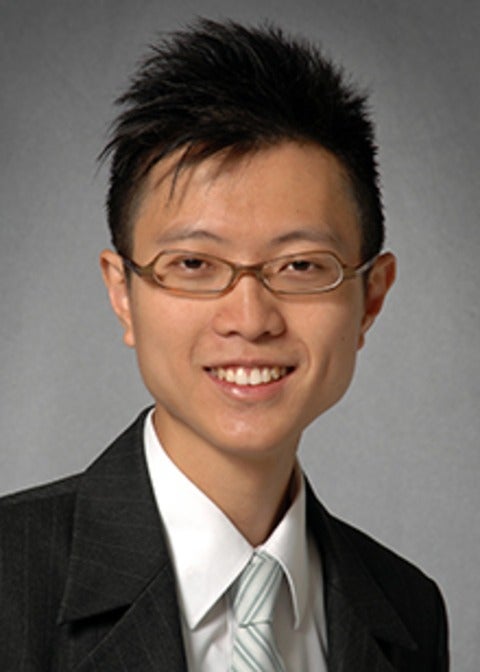

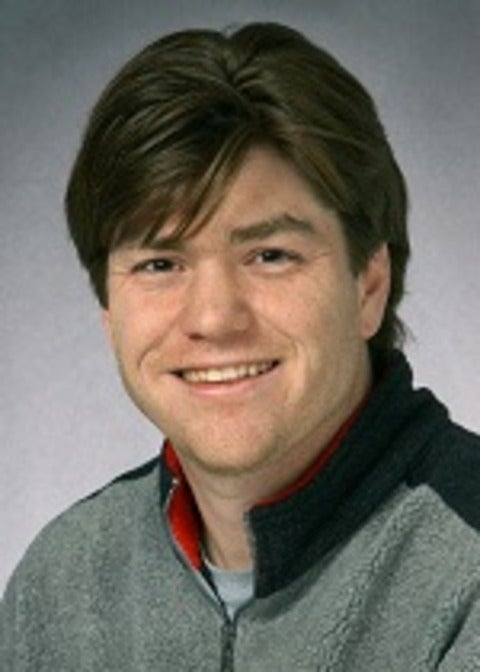
 Statistics and Actuarial Science is proud to announce that
Statistics and Actuarial Science is proud to announce that 
 Glen McGee holds a PhD in biostatistics from Harvard University. He is interested in developing statistical tools to solve problems in epidemiology, environmental health, and health policy. Currently, Glen is working on Bayesian frameworks for modelling multi-pollutant mixtures, corrections for informative presence in electronic health records, and designs for multigenerational studies.
Glen McGee holds a PhD in biostatistics from Harvard University. He is interested in developing statistical tools to solve problems in epidemiology, environmental health, and health policy. Currently, Glen is working on Bayesian frameworks for modelling multi-pollutant mixtures, corrections for informative presence in electronic health records, and designs for multigenerational studies.
 Professor
Professor 